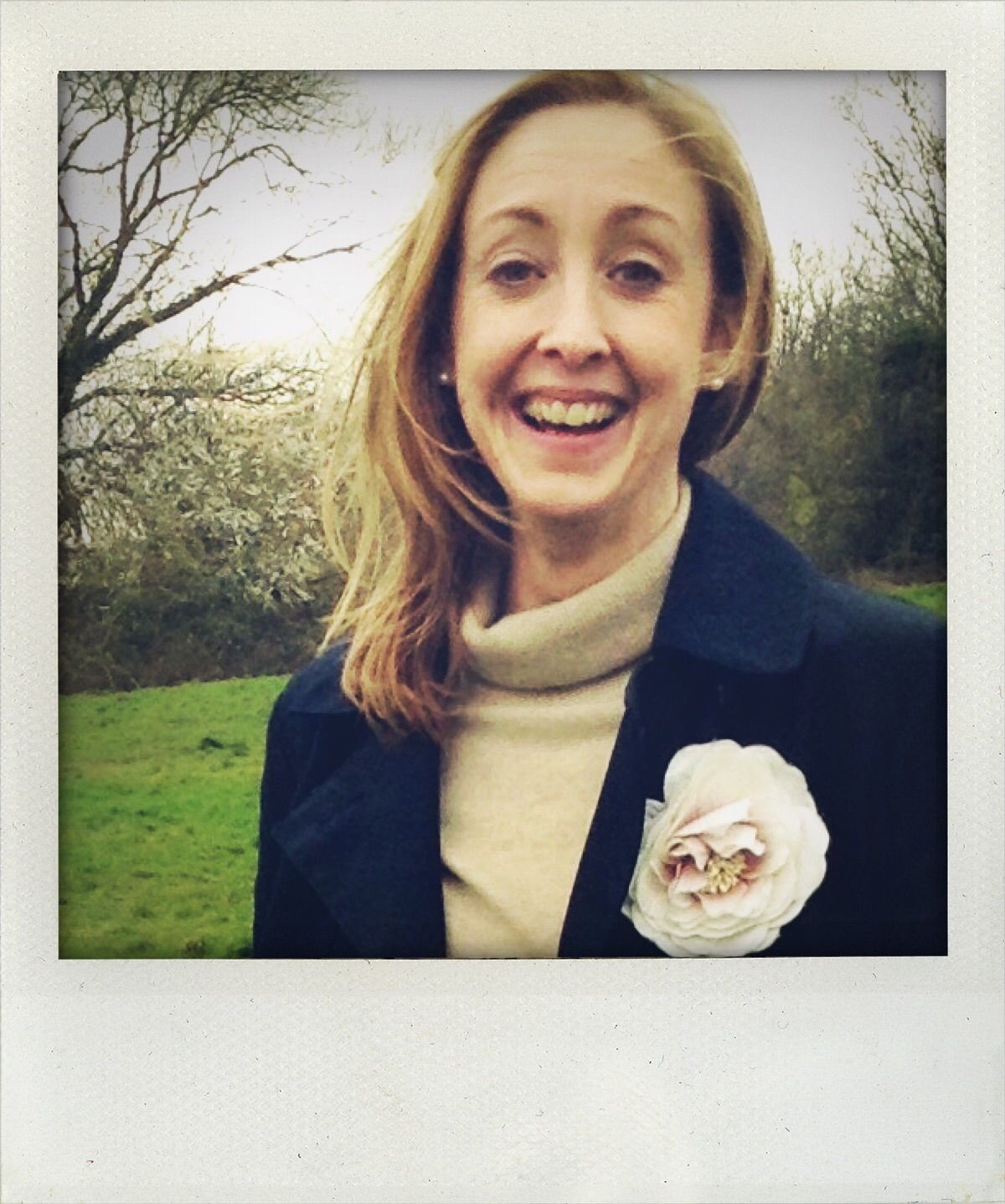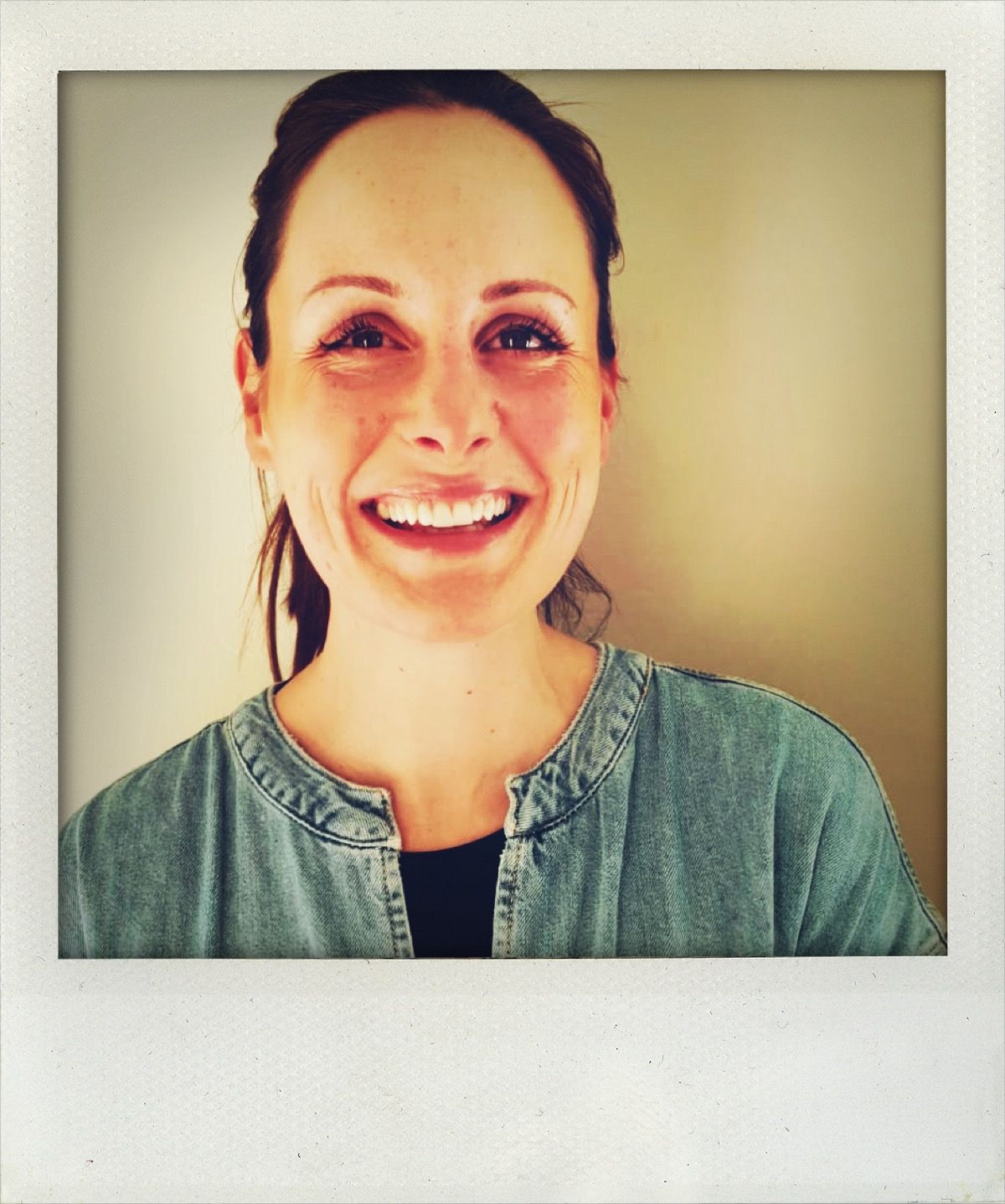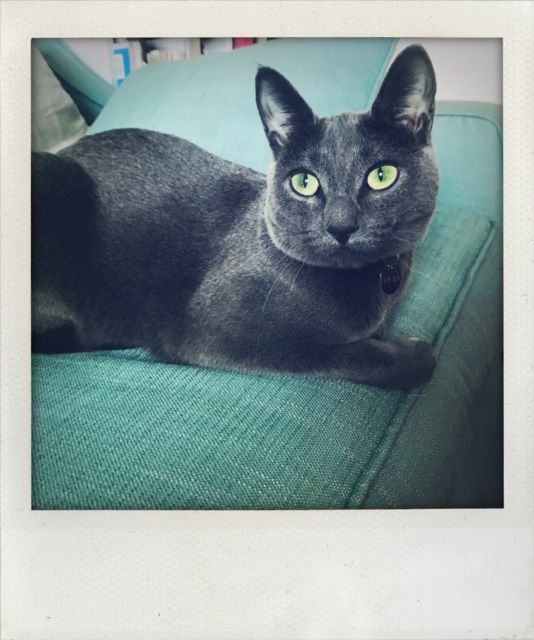The Treetops team work with a wide range of issues, adapting our approach to offer the right kind of help and support to a wide range of children, including those with a broad or complex range of issues and concerns. Our arts and play therapists work with children from many different countries, cultures and faith backgrounds.
The Treetops Team
Our Therapists
Sessions, groups and workshops are run by therapists who have undertaken rigorous training and continue to develop their skills through academic study and supervised clinical practice.
Our therapists are registered with the:
- The Health and Care Professions Council - a regulator, set up to protect the public. They keep a Register of health and care professionals who meet HCPC standards for their training, professional skills, behaviour and health.
- The UK Council for Psychotherapy - a membership organisation, with over 75 training and listing organisations, and over 7,000 individual practitioners.
- The UK Society for Play and Creative Arts Therapies (PTUK)
We encourage art therapists to be members of The British Association of Art Therapists - the professional organisation for art therapists in the United Kingdom. It has its own Code of Ethics of Professional Practice and works to promote art therapy in the UK.
Training & Return to Practice Placements
We also offer clinical placements for trainee therapists in an advanced stage of their training, or for qualified therapists who need a supervised placement to update their skills and knowledge before re-registering with the HCPC.
Supervision
All staff and trainees receive regular clinical supervision from Treetops Supervisors, working to relevant Codes of Ethics and Practice for Supervision.
_____________________________
Please do contact us if you would like to find out more information about our work. We can explain how a school can commission Treetops Therapy & Training, or we could book a single consultation session for you, to think about children's emotional needs, the kind of support that could be offered in your school, or INSET sessions for staff.
Claire Louise Vaculik (nee Leyland) is Director of Treetops Therapy & Training. Claire-Louise is an artist, art therapist and gestalt therapist, who has worked with children and young people in primary schools for over 20 years. She is Chair of the British Association of Art Therapists (BAAT). She was also an Associate Editor of the International Journal of Art Therapy: Inscape from 2008-14. Claire has extensive experience of governance from her work as a governor of an NHS Foundation Trust and trustee of a charity. For many years, she supervised the work of many of the staff and trainees on placement in London.
Our team in Dorset is lead by
Sophia O’Neill, an Accredited Play Therapist and a Certified Clinical Supervisor. Sophia delivers therapy and training for organisations and in primary and secondary schools across Dorset. Sophia will also be the Tutor for the Play Therapy Masters students from May 2019. In her practice she works with parents/ carers and their children together, to help strengthen their relationships - from newborns to 4 year olds. More can be read about this approach at:
Freya is our therapy cat. She is a Russian Blue, a breed known for their tranquil nature and considered to be hypoallergenic. Freya joined the team in October 2017, as a kitten. After turning one, she has now embarked on training to be a registered therapy pet!
Treetops is delighted to have been able to work with children and schools abroad, helping staff to support children to manage difficult experiences and to achieve their potential. We have run trainings and workshops in South Africa (working with Lefika la Phodiso) and on the border of Syria (working with the Syrian Association for Mental Health), helping teachers and community workers to screen and treat PTSD. Claire has also worked with organisations in Georgia, Moldova and Bosnia to support them to build strong organisational structures, engage a more diverse workforce, devise national communication strategies, and to develop a long-term vision for their work.


